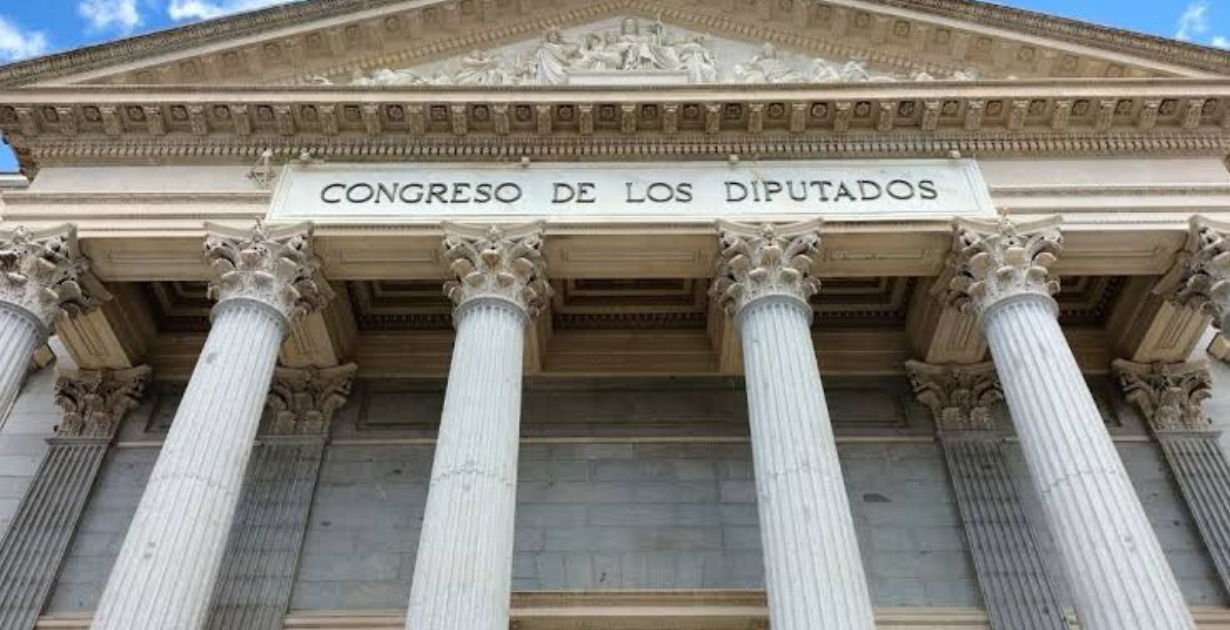Spanish Govt New Legislation to Slam Heavy Fines on Illegal AI Activities
In an effort to restrict “deepfakes,” the council of ministers of Spain has adopted draft legislation that could result in substantial penalties being imposed on artificial intelligence (AI) companies that fail to properly label AI-generated content.
The measure designates incorrect AI labeling as a severe offense, with a potential penalty ranging from €7.5 million to €35 million or between 2 and 7% of a company’s global turnover.
The new legislation implies that startups and medium-sized enterprises may be subject to a reduced penalty.
In a recent post on Instagram, Oscar Lopez, Spain’s digital transformation minister, stated that, “Artificial intelligence must assist us in enhancing the world in which we reside.”
Lopez stated that the legislation will prioritize the application of AI in medical research, disaster prevention, and traffic improvement in Spanish cities, rather than the dissemination of “hoaxes, lies, and defamation.”
Lopez asserts that Spain’s legislation conforms to the EU AI Act, a relatively recent legislation that establishes stringent transparency regulations for AI systems that are considered high-risk.
The measure must still be approved by the Congress of Deputies of Spain before it can be implemented.
The Spanish government has stated that the draft law prohibits the use of subliminal techniques, such as “imperceptible images or sounds,” to influence decisions without consent.
A chatbot that recognizes users with a wagering addiction and motivates them to participate in a gambling platform is an illustration of this approach.
The bill would also prohibit AI companies from classifying individuals based on their biometric data or social media presence in order to determine their ethnicity, political views, religion, or sexual orientation.
A criticism of an algorithm employed at a prison in Catalonia to ascertain the risk of prisoners reoffending is that this data cannot be employed to determine whether an individual is more likely to perpetrate a crime than others.
AI companies that employ biometrics to monitor employee attendance but lack human supervision may also be subject to a sanction ranging from €500,000 to €7.5 million, or between 1 and 2 percent of their annual global turnover.
The bill also allows the Spanish government to temporarily withdraw an AI system from the country in the event that it has caused a severe accident, such as the death of a person.
news via inbox
Get the latest updates delivered straight to your inbox. Subscribe now!




